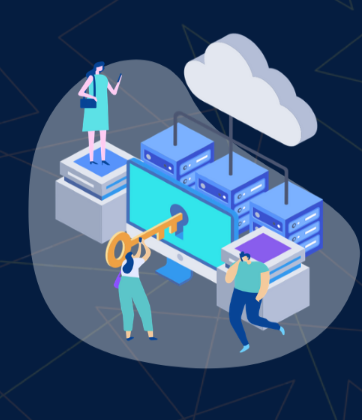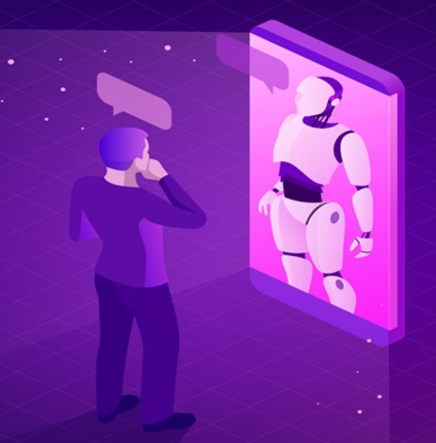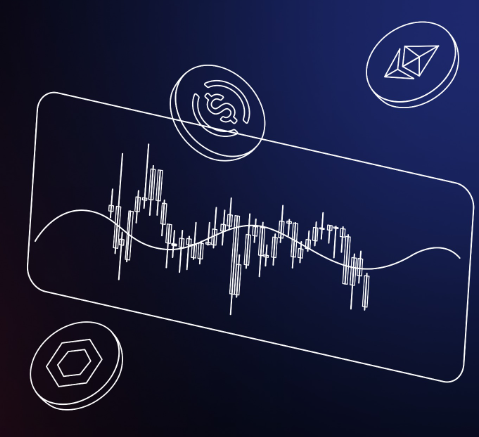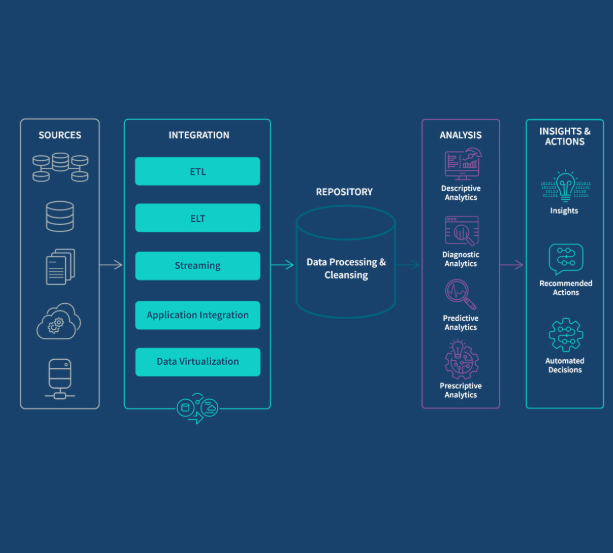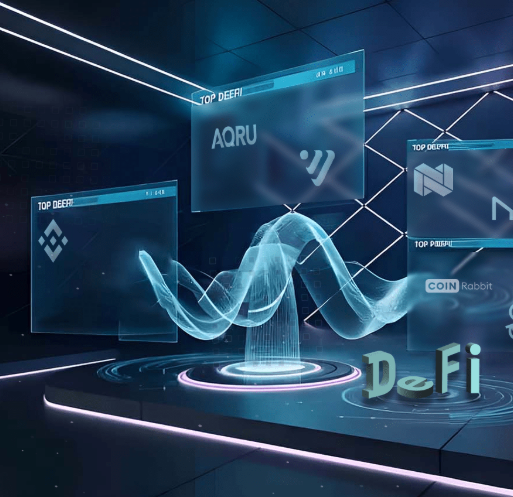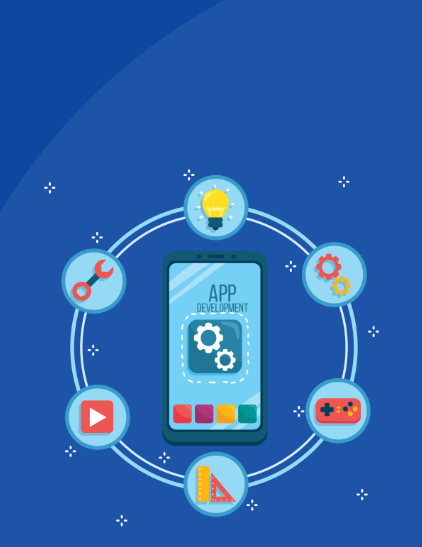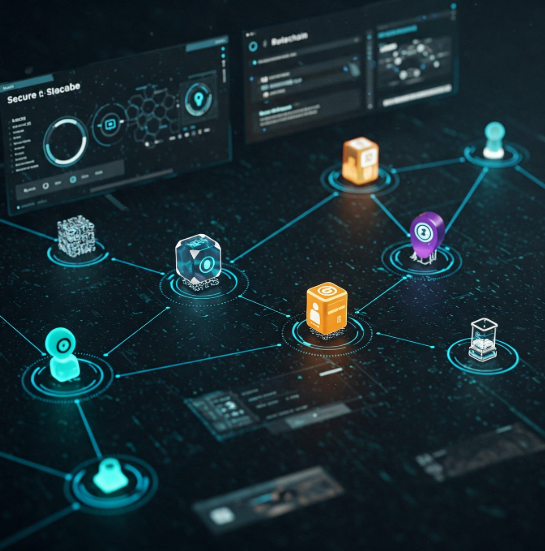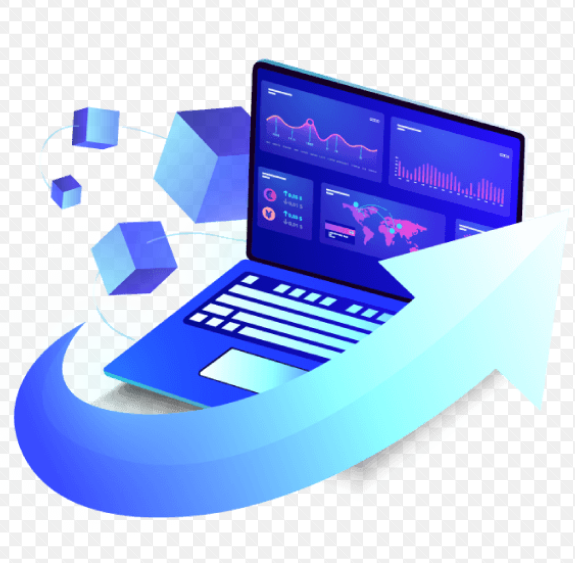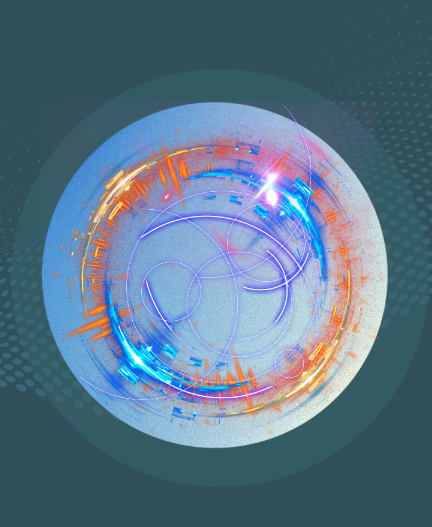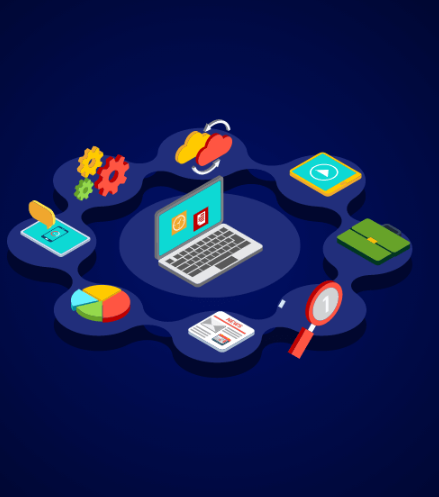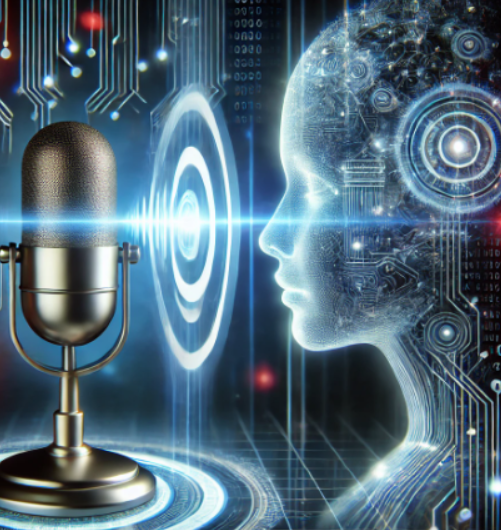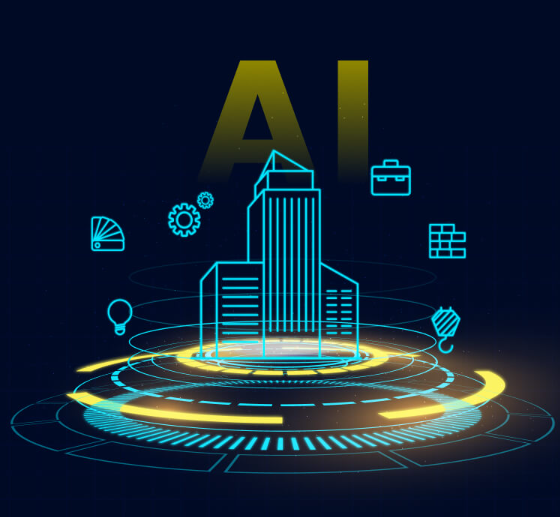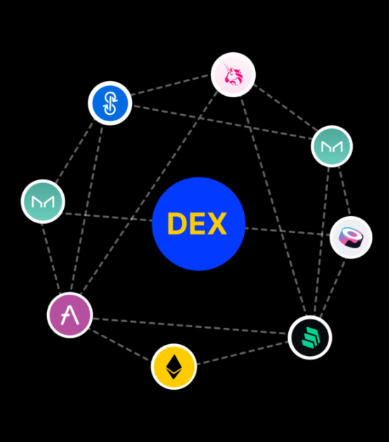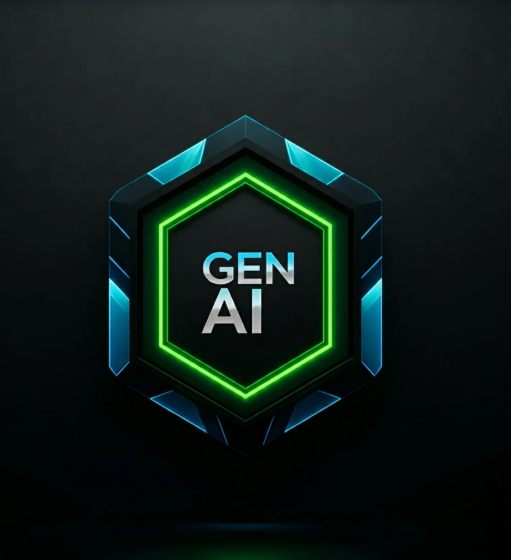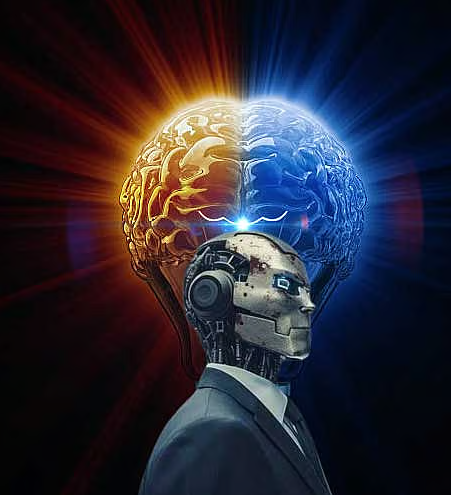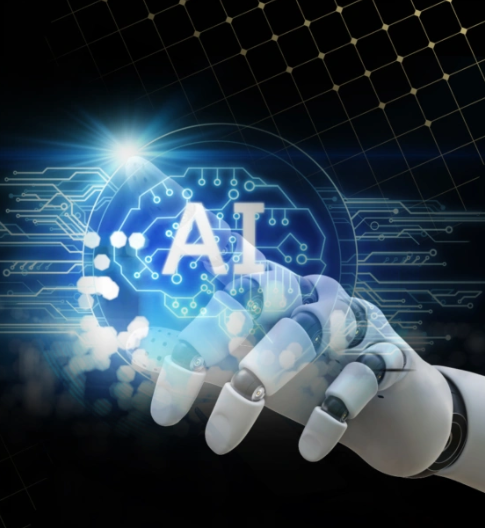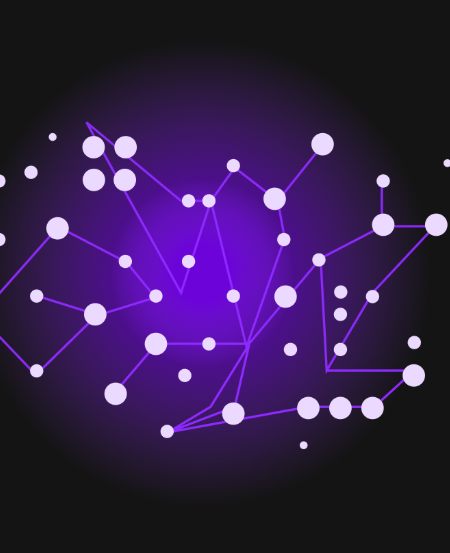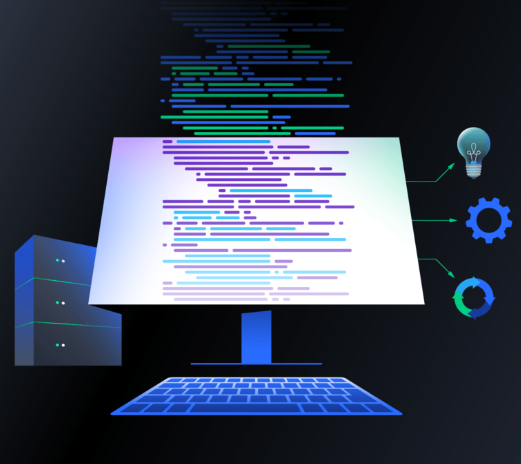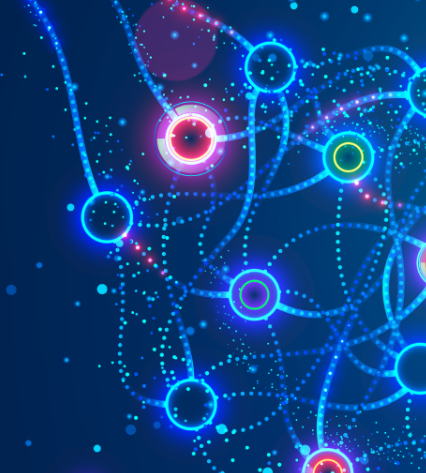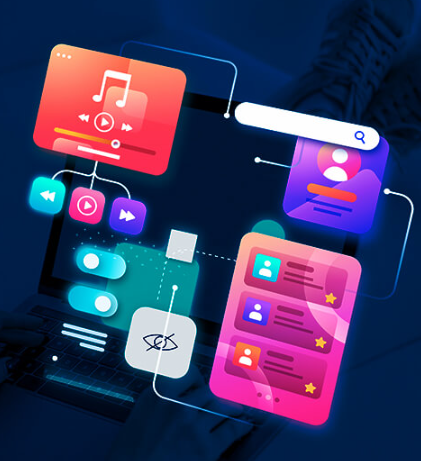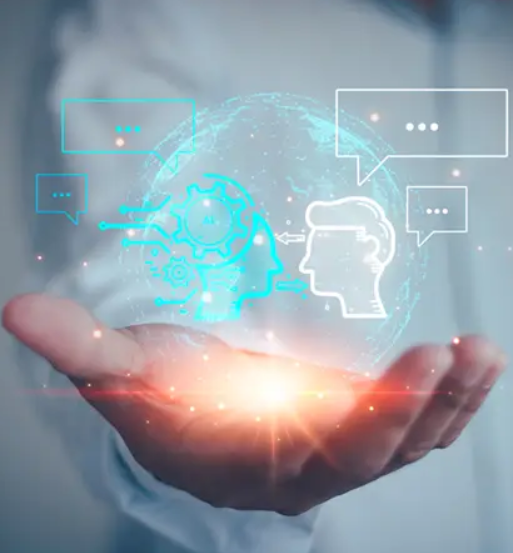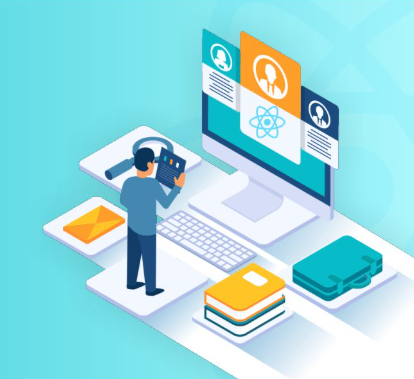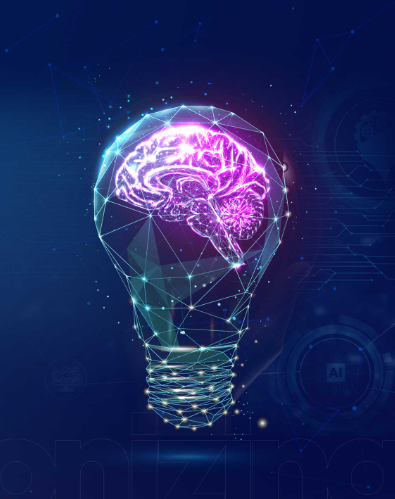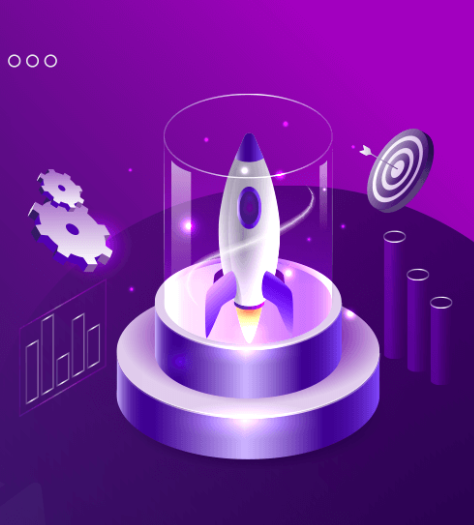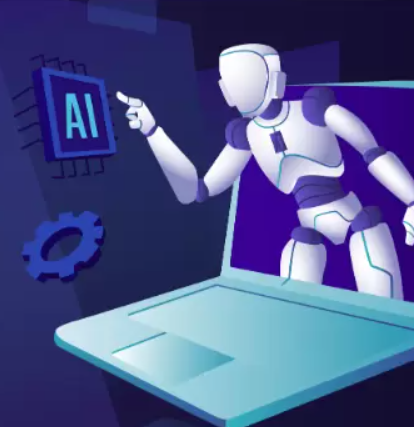
The world of content creation has undergone a major transformation thanks to AI agents. These intelligent systems are changing the way digital content is created, personalized, and scaled. With the global generative AI market for content creation valued at $14.84 billion in 2024, AI is clearly on the rise. This technological advancement allows businesses to improve efficiency, enhance productivity, and streamline their workflows, with 35% of companies already adopting AI tools to help with content generation.
So, how do these AI agents work? What benefits do they offer? And how are they being used across different industries? This article will take you through the workings of AI agents in content creation, their key components, and their diverse applications, as well as the benefits and challenges they bring.
What Are AI Agents for Content Creation?
AI agents for content creation are advanced software systems designed to automate the production, management, and optimization of digital content. They utilize technologies like natural language processing (NLP) and machine learning to analyze data, follow instructions, and generate content that is contextually relevant and coherent. In professional environments, these AI tools serve as virtual collaborators, handling repetitive tasks and enhancing productivity while maintaining high-quality standards.
How AI Agents Operate
AI agents function in a structured, step-by-step process similar to how humans approach tasks. The first step is goal definition: AI agents start by setting clear content objectives, which could range from writing blog posts to creating summaries. After defining the goals, they collect necessary data from various sources like internal databases, APIs, or web scraping, ensuring the content is factual and relevant. Finally, the agent executes the task, generating content that aligns with the specified instructions, whether that involves writing, summarizing, or translating.
Key Capabilities of AI Agents
For AI agents to be effective in content generation, they rely on several key capabilities:
- Perception: The ability to interpret input, including prompts and structured data, to ensure the correct output is generated.
- Reasoning: AI agents analyze data to understand context, meaning, and intent, allowing them to make informed decisions on how to proceed with content creation.
- Problem-Solving: They resolve challenges related to formatting or missing data, ensuring the content meets standards with minimal human input.
- Responsiveness: These agents adjust content in real-time based on user feedback or new information.
- Action Execution: AI agents autonomously carry out content generation tasks while staying aligned with content strategy and objectives.
- Autonomy: They handle complex workflows independently, managing tasks from start to finish without constant oversight.
Core Components of AI Content Creation Agents
AI agents are structured around three main components:
- Core: Often powered by advanced language models, the core is responsible for language understanding and content generation. It processes inputs, recognizes patterns, and produces content tailored to user needs.
- Planning Mechanism: This helps break down tasks into smaller, manageable steps, ensuring that complex content creation processes are carried out efficiently.
- Memory Systems: Memory allows AI agents to retain important context and user preferences, ensuring consistent output and the ability to adapt across different tasks. Short-term and long-term memory models help the system navigate between immediate tasks and long-standing information.
AI Agents in Action: Practical Use Cases
AI agents are proving their worth across a wide range of industries, with use cases that include:
- Natural Language Generation (NLG): AI agents can produce fluent, human-like text across various topics, formats, and tones. This includes everything from blog posts and articles to summaries and advertisements.
- Personalized Content Creation: By analyzing user data, AI agents create highly personalized content tailored to individual preferences, boosting engagement and relevance.
- SEO Optimization: AI agents help optimize content for search engines, ensuring it ranks higher and reaches the right audience by suggesting high-ranking keywords, improving readability, and aligning with search intent.
- Content Translation: These agents can seamlessly translate content into different languages, ensuring that tone and context remain intact, making global communication easier.
- Social Media and Email Marketing: AI agents create tailored social media posts, captions, and emails, helping businesses maintain a consistent online presence while improving customer engagement.
- Product Descriptions and Website Copy: AI agents automatically generate SEO-optimized, persuasive product descriptions and website content, ensuring consistency across various platforms.
Industry Applications of AI Agents
AI agents have diverse applications across industries:
- Marketing & Advertising: Automating the generation of ad copy, campaign content, and A/B testing, AI agents save marketers time and improve campaign performance.
- E-commerce: By automating product description creation and personalizing email campaigns, AI agents help e-commerce businesses scale and enhance customer experience.
- Healthcare: AI assists in creating patient education materials, clinical summaries, and regulatory documents, improving communication and documentation accuracy.
- Legal: Legal firms use AI to draft contracts, memos, and compliance documents, streamlining repetitive tasks while maintaining accuracy and consistency.
- Education: AI agents create personalized learning content, quizzes, and lesson plans, allowing educators to focus on enhancing the learning experience.
The Benefits of AI Agents for Content Generation
AI agents offer several advantages that can improve content workflows:
- Increased Efficiency: By automating repetitive tasks, AI agents help reduce manual effort and speed up content production, allowing teams to focus on more strategic work.
- Consistency: AI ensures content remains consistent across platforms and projects, maintaining tone, style, and structure.
- Improved User Engagement: Personalized content boosts user engagement, increasing interaction rates and customer satisfaction.
- SEO Benefits: By optimizing content for search engines, AI agents help businesses improve online visibility and search rankings.
- Scalability: With AI, businesses can scale content production without compromising quality, handling large volumes of content creation quickly.
Challenges of Using AI in Content Creation
Despite their advantages, AI agents also face challenges:
- Bias in Content: AI systems may reflect biases from their training data, leading to skewed or incomplete narratives. Regular audits and adjustments are necessary to address this.
- Quality Control: AI-generated content may lack depth, especially in niche areas. Human oversight ensures content meets specific standards.
- Creativity: While AI can handle repetitive tasks, it may struggle with tasks requiring creativity and emotional nuance, which is why human involvement remains crucial.
- Ethical Concerns: Ensuring transparency about the use of AI-generated content is essential to maintain credibility and ethical standards.
Conclusion
AI agents are revolutionizing content generation by automating complex tasks, improving efficiency, and delivering personalized content at scale. As the technology continues to evolve, businesses that leverage AI for content creation will be able to stay competitive in an increasingly fast-paced digital world. However, challenges such as bias, quality control, and ethical concerns must be addressed to fully realize the potential of AI in content generation. By adopting the right tools and approaches, businesses can take full advantage of AI-driven content creation to boost productivity and engagement.



